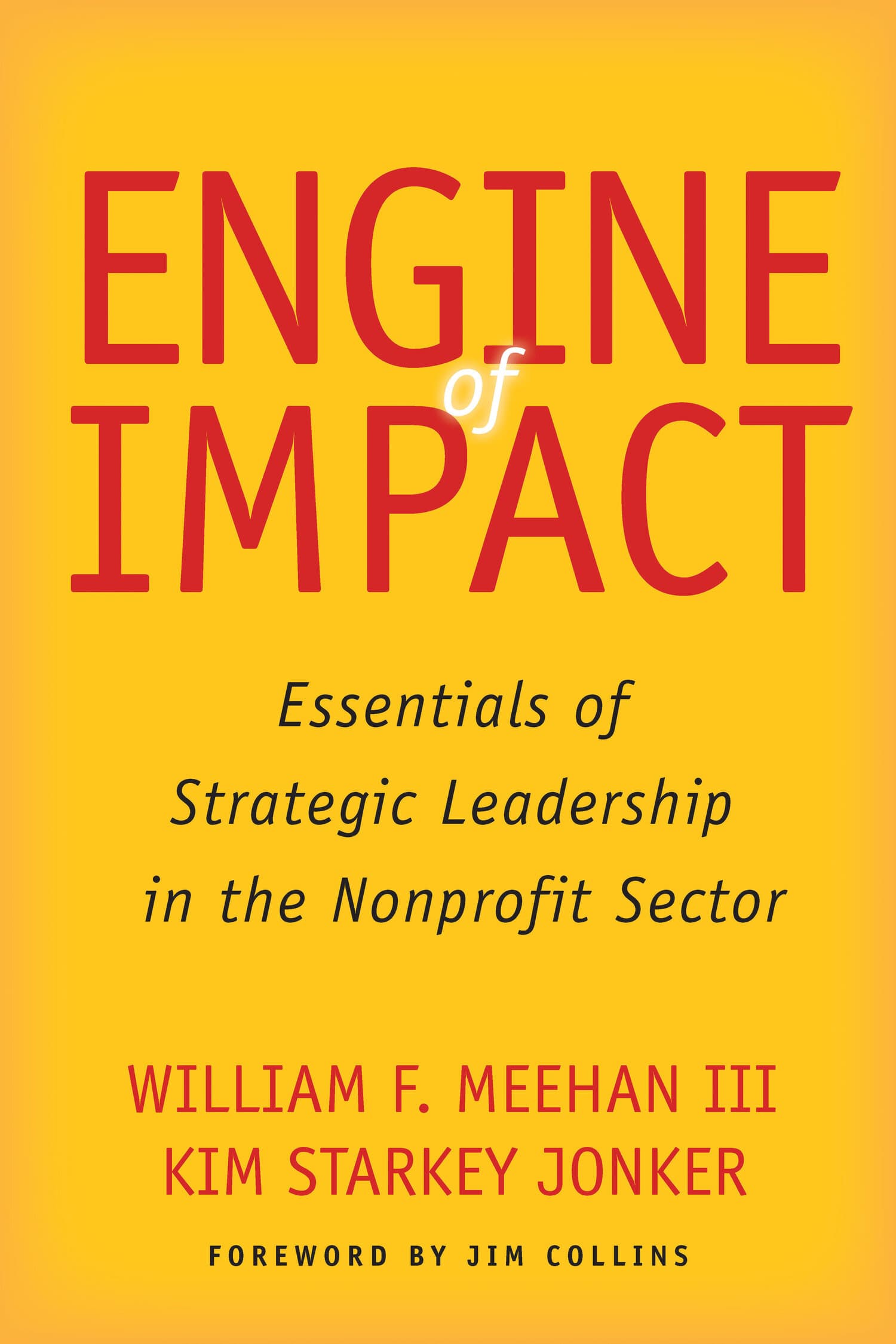Measuring Social Change
Award Winner
2020: Terry McAdam Nonprofit Book Award
Winner of the 2020 Terry McAdam Nonprofit Book Award, sponsored by the Alliance for Nonprofit Management.2020: George R. Terry Book Award
Finalist in the 2020 George R. Terry Book Award, sponsored by the Academy of Management.2020: SIM Book Award
Finalist in the 2020 SIM Book Award, sponsored by the Academy of Management (AOM) - Social Issues in Management section (SIM).

The social sector is undergoing a major transformation. We are witnessing an explosion in efforts to deliver social change, a burgeoning impact investing industry, and an unprecedented intergenerational transfer of wealth. Yet we live in a world of rapidly rising inequality, where social sector services are unable to keep up with societal need, and governments are stretched beyond their means.
Alnoor Ebrahim addresses one of the fundamental dilemmas facing leaders as they navigate this uncertain terrain: performance measurement. How can they track performance towards worthy goals such as reducing poverty, improving public health, or advancing human rights? What results can they reasonably measure and legitimately take credit for? This book tackles three core challenges of performance faced by social enterprises and nonprofit organizations alike: what to measure, what kinds of performance systems to build, and how to align multiple demands for accountability. It lays out four different types of strategies for managers to consider—niche, integrated, emergent, and ecosystem—and details the types of performance measurement and accountability systems best suited to each. Finally, this book examines the roles of funders such as impact investors, philanthropic foundations, and international aid agencies, laying out how they can best enable meaningful performance measurement.
"This book goes beyond the promise of its title to elucidate the key concepts of nonprofit strategy and propose nuanced improvements. A valuable mix of the theoretical and practical, richly illustrated by real-world examples."—Paul Brest, faculty co-Director, Stanford Center on Philanthropy and Civil Society; former President, William and Flora Hewlett Foundation
"Alnoor captures the importance of measuring what matters like no one else. In this remarkable book, he gives the reader tools, rules as well as questions to ensure those questions are effective. This is a must-read for anyone serious about measuring change, something we all must be."—Jacqueline Novogratz, Founder & CEO of Acumen, author of The Blue Sweater
"A valuable contribution in addressing the crucial challenge of targeting and measuring impact."—Sir Ronald Cohen, Chair, Global Steering Group for Impact Investment
"As Alnoor Ebrahim argues in this trenchant new book, the social sector has mushroomed in size and scope in recent years. A leading scholar in the field, Ebrahim provides fresh, thoughtful answers on how we should measure progress with nonprofits. This book will be important to practitioners, philanthropists, and academics alike."—David Gergen, CNN Senior Political Analyst; Professor of Public Service and Founding Director, Center for Public Leadership, Harvard Kennedy School
"This book is useful for readers involved in the social sector, including governments, nonprofit organizations, and funders of charitable work, as well as specialists in the sociology of the social sector. It can make donors, directors, and practitioners more aware of measuring the impact of their work and donations. Recommended."—F. E. Foldvary, CHOICE
"[A] rare example of a work that takes impact measurement back to first principles."—Jess Daggers, International Review of Applied Economics
"[One] of the most impressive contributions to the design and approach to social performance...in a decade or more....This book is an all-too-rare extremely important contribution to our field. It advances the organization theory foundation of performance and accountability research, its framework adds important new and clear thinking that advances our conceptualization of social performance (and the framework opens up new vistas for follow-up work), and it provides solidly grounded illustrations of both NGO and nonprofit contexts where this strategy framework matters deeply in practice."—Raymond Dart, Voluntas




